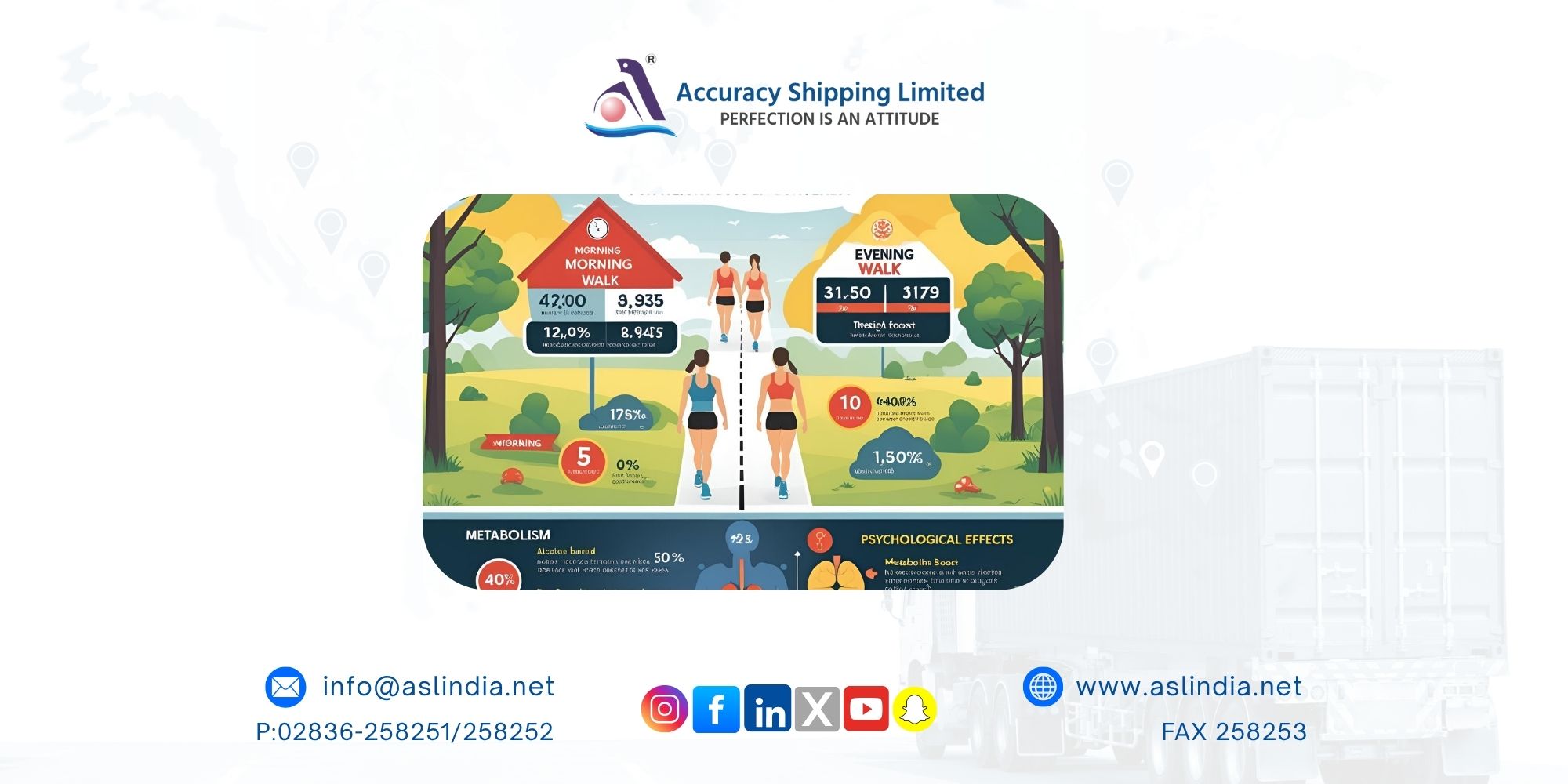Lifestyle publishers rewrite the SEO playbook for AI-driven search

As Google’s AI features reshape the digital landscape, lifestyle publishers are evolving their SEO strategies to stay in the game.
The rise of generative AI features like AI Overviews and AI Mode in Google Search is rewriting the rules of online visibility, particularly for lifestyle publishers. These changes are quietly revolutionizing how content is surfaced and how much traffic it drives.
For years, lifestyle content in verticals like health, science, and society has thrived by answering evergreen questions: “What’s the best way to boil eggs?” or “How wide is a three-seater sofa?” These simple queries used to bring steady search engine traffic. But now, those basic questions are being answered directly in search results by generative AI, reducing click-throughs even as impressions remain stable.
A Steep Drop in Search Traffic
Since the rollout of AI Overviews in May 2024, heads of SEO and content strategy at major lifestyle media outlets report a 30% to 50% drop in referral traffic from Google. That’s a significant hit for publishers who’ve historically leaned on search traffic to maintain audience engagement.
But instead of panic, publishers are making deliberate shifts. “We’re trying to control the parts that we can,” said one SEO manager anonymously. “There are no more silver bullets that are going to get you the search traffic back.”
Saying Goodbye to Basic Answer Content
Gone are the days when high-volume content answering basic questions could reliably perform well. Today, articles that merely define, describe, or explain are being phased out in favor of deeper, more personalized content. Rather than targeting “how wide is a three-seater sofa,” publishers are now chasing more specific, nuanced queries like “What are the best three-seater sofas for small apartments?” or “How to reupholster a vintage couch?”
This shift isn't just about salvaging search visibility. It’s about building authority and consistency elements Google still rewards. One publisher’s recipe-focused site has doubled its Google traffic by homing in on consistent, authoritative content aligned with its brand's core.
Doubling Down on Depth and Originality
Editorial teams are using this shift to reallocate their efforts toward original reporting, curated lists, POV explainers, and evergreen guides with personality. BuzzFeed, for instance, is targeting queries that generative AI can’t easily handle those involving inspiration, comparison, decision-making, or entertainment. These areas allow human voice and storytelling to shine.
"These types of queries still benefit from deeper context, personality, and perspective," said BuzzFeed’s senior SEO strategist Grace Keller. AI might summarize facts, but it can’t match a relatable human touch.
The Death of High-Volume Content
The age of publishing massive amounts of content just to see what sticks is over. Publishers are instead using data-driven decision-making to assess which articles draw longer time on site, more page views per visit, and return readership. The focus has shifted to quality over quantity and to being the first or best, not just present.
One entertainment publisher is ramping up investigative reporting and breaking news, where AI still struggles to compete. “There’s a rapid decline in engagement with content that’s been in the market for a few days,” said an exec. “We’re putting more resources into what’s new and original.”
Collaboration Across Channels and Teams
While Google remains a powerful distribution channel, lifestyle publishers are diversifying traffic sources. Social media platforms like YouTube, TikTok, and Facebook, as well as newsletters, are becoming essential parts of the strategy. SEO teams are now collaborating more closely with social media and data teams to analyze content performance and refine production strategies.
Still, Google is too big to walk away from. “You can build up direct traffic and email, but you’re not even in the zone of the amount of traffic [Google is driving],” one SEO manager noted.
Conclusion
Lifestyle publishers are not giving up they’re rewriting their SEO playbook. By abandoning basic-answer content, prioritizing depth and originality, and embracing collaborative, multi-channel strategies, they’re adapting to a world where AI shapes search, but human insight drives engagement. In the evolving world of digital publishing, adaptability isn’t just a strategy it’s survival.







